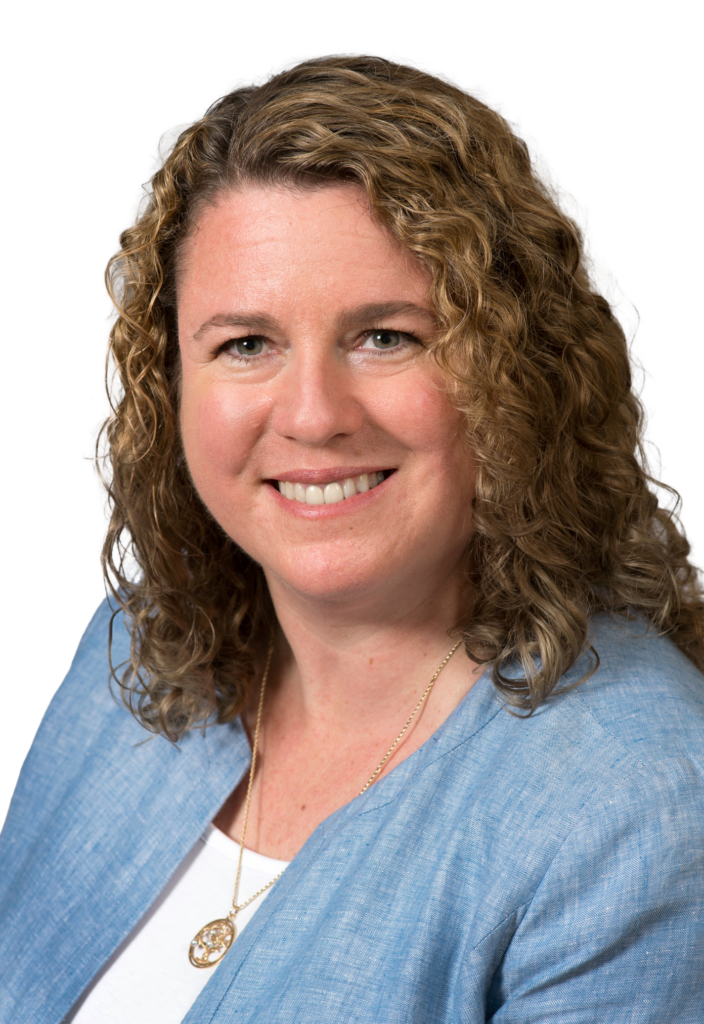With a powerful package of nutrients not found in any other food source, dairy products nourish the mind and body. By being excellent stewards of the world’s natural, human, and animal resources, dairy producers and processors also seek to sustain the communities in which they operate.
For IDFA member companies, sustainability means responsibly and strategically managing human capital, natural resources like soil and water, and the animals that enable the industry to exist. Practices that conserve and sustain are necessary so that the dairy industry can continue to ensure Americans have access to affordable, quality, and healthy dairy products.
Collectively, the U.S. dairy industry has committed significant resources to achieve ambitious environmental stewardship goals, including greenhouse gas (GHG) neutrality by 2050, optimized water use, and improved water quality. IDFA member companies also participate in voluntary climate action frameworks such as CDP and the Science Based Targets Initiative (SBTi) and continuously innovate in packaging sustainability.
IDFA advocates on behalf of members to ensure sustainability-related regulations and supportive government programs are workable and helpful for their businesses and supply chains. Sustainability covers a broad and dynamic set of issue areas, and related regulatory developments may address challenges such as packaging materials, water management, and carbon reporting. We may also engage and educate state and federal government agencies on topics like energy efficiency and healthy soils. IDFA believes that policymakers should avoid constructing overly burdensome regulatory regimes that create compliance barriers for small and medium sized enterprises, including family-owned dairies and processors. IDFA supports voluntary and market-based approaches to incentivizing sustainable business practices. Programs that give our members maximum discretion for how to participate are key for helping these companies continue to serve their communities and consumers.
Smart and sound regulatory structures will allow industry innovation and creativity to thrive. Through IDFA’s Sustainability Committee, which includes representatives from more than 50 companies, IDFA is committed to developing and executing strategies related to:
To further its stewardship mission, IDFA sits on the government relations steering committee of the Food and Agriculture Climate Alliance; collaborates regularly with the National Milk Producers Federation, the Global Dairy Platform, the International Dairy Federation, and the Circular Action Alliance; and is an associate member of AMERIPEN, which develops and advocates positions related to packaging and the environment. IDFA also participates in the Innovation Center for U.S. Dairy’s F.A.R.M. Animal Care Committee, Environmental Stewardship Committee, Dairy Sustainability Alliance, and Processor Working Group. With IDFA, the Innovation Center has developed the Sustainability Resource Guide for U.S. dairy producers that helps producers align company operations with sustainability metrics and goals generally accepted throughout the dairy industry.
The dairy industry is on the cutting edge of sustainable business practices, and IDFA’s programming supports member companies as they innovate to better serve their communities and consumers. Our member companies are consistently finding ways to work more efficiently, develop and adopt new technologies, review responsible sourcing options, reduce energy consumption, conserve water, and recycle or upcycle waste. IDFA is continually monitoring the broad and evolving Sustainability and ESG landscape to support our members in these efforts.
Much of this work is informed by periodically evaluating “material” issues at both sector and individual company levels. In the field of Sustainability, a materiality assessment is a systematic review of issue areas that are likely to impact business and areas in which business may impact society, including the physical environment. This exercise helps identify and prioritize key focus points of relevance both financially and to a variety of stakeholders, which in turn informs ESG and sustainability management strategies. The most recent (2025) materiality assessment, conducted by the Innovation Center for U.S. Dairy, is available here.
For IDFA, key focus areas for our Sustainability and ESG programming currently include carbon emissions management and compliance and advocacy related to extended producer responsibility (EPR) laws and regulations.
Corporate disclosure of GHG (i.e., carbon) emissions information and related business risks and opportunities increased steadily in the 2000s in response to both voluntary frameworks and regulatory requirements. While the corporate sustainability reporting and ESG disclosure landscape is complex, IDFA stays focused on key standard setting organizations of relevance to our members. Notable examples include GHG Protocol, SBTi, and the International Sustainability Standards Board (ISSB). Often taking a coalition approach, IDFA engages with these standard setters through public consultation opportunities and advocacy meetings.
One key area of concern for the dairy industry is the mandatory disclosure of scope 3 or value chain emissions. When such requirements arise, such as in the EU’s Corporate Sustainability Reporting Directive (CSRD) and California’s Senate Bill (SB) 253, the entire dairy value chain must collaborate meet new requirements. IDFA currently participates in two industry taskforces that are keen to inform international standard setting bodies of the unique challenges and opportunities related to carbon management along the dairy value chain.
Additionally, in 2025, IDFA co-invested with the Global Dairy Platform and SAI Platform to develop forthcoming carbon accounting and reporting guidance specific to the complexities of dairy supply chains. This work aims to prepare our industry for the forthcoming finalization of GHG Protocol’s Land Sector & Removals Guidance.
The industry is also continuing to make progress towards the reduction of GHG emissions. The latest Farmgate Life Cycle Assessment found that between 2007 and 2020, U.S. milk production increased 28% to meet rising demand while GHG emissions per unit of milk declined 13%. U.S. states and several countries across the world have already implemented or are considering climate-related disclosure requirements. IDFA has advised that state regulatory regimes should align both between states and with relevant international standards and frameworks. Our aim is to avoid duplicative report preparation exercises, which increase compliance costs with minimal incremental benefit to stakeholders. We also continue to advocate for appropriate flexibility in climate-related regulatory programs given the reality that international standards are still evolving.
Given the de-prioritization of the U.S. Securities & Exchange Commission’s (SEC) climate-related disclosures rule, IDFA is currently focused on supporting members in preparation for complying with California’s climate accountability regulations (SB 253 and SB 261 as amended by SB 219). Our work in this key issue area is important to support and help advance the industry toward achieving its 2050 GHG neutrality goal.
EPR regulatory programs generally aim to shift responsibility for the full lifecycle of packaging materials onto the producers of consumer products. The definition of “producer” may vary by jurisdiction, but the term generally refers to manufacturers, brand owners, and importers. Under EPR programs, these businesses may face increased financial or operational responsibility for the “end-of-life” of the product or packaging—meaning what happens when the packaging (or product) is disposed of, collected for waste management, or recycled.
EPR laws have been enacted and implemented in the European Union and Canada. As of May 2025, California, Colorado, Maine, Maryland, Minnesota, Oregon, and Washington have adopted EPR laws, each at different stages of implementation. In the U.S., the Circular Action Alliance (CAA) has emerged as the primary producer-led Producer Responsibility Organization (PRO) that implements the EPR programs thus far in California, Oregon, and Colorado. The CAA is registered in Minnesota and represents producer interests in Maryland. More information about each state EPR law and technical information for producers can be found on the CAA Producer Resource Center, which can be found here.
IDFA actively monitors this EPR regulatory space, proactively engages with state legislators in partnership with state and federal level advocacy groups and our members (including packaging material suppliers), and engages in public consultations about EPR program rules/implementation in certain states.
Our work is focused on communicating the vital importance of food packaging, which is strategically designed to be consumer friendly, ensure food safety, and minimize food and packaging waste. Our advocacy is material neutral, aiming to ensure that all dairy packaging material and formats can be sold. As such, we advocate for practical EPR program elements that are workable for businesses. Our aim is to maintain nutritious dairy products on shelves for consumers in all states, which becomes a challenge as more EPR bills are passed that create a patchwork of EPR requirements and related definitions or standards.
IDFA works with our member community of packaging and sustainability experts to discuss the art and science of the possible for food packaging in this time of continued expansion of EPR regulations. We facilitate pre-competitive information exchange about data best practices, packaging technology innovation, and compliance strategies.

Vice President, Regulatory Affairs and Counsel

Director, ESG